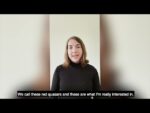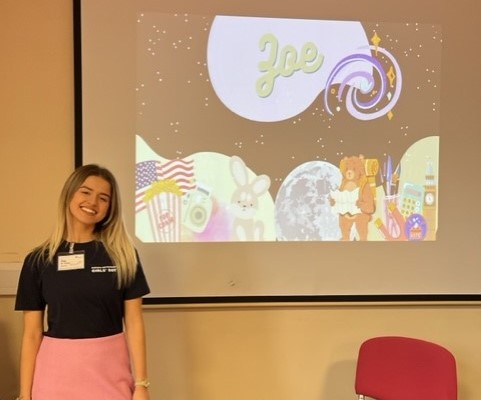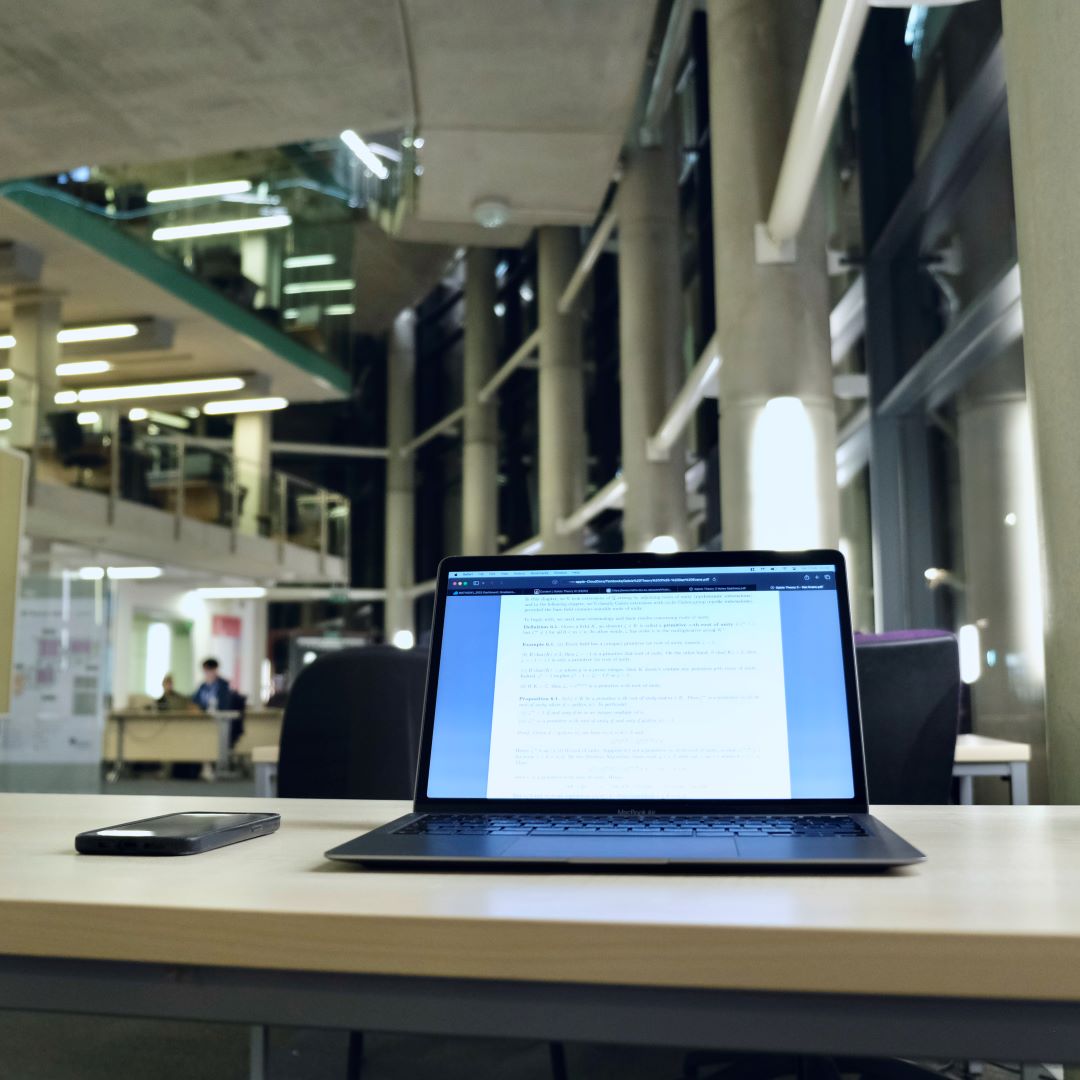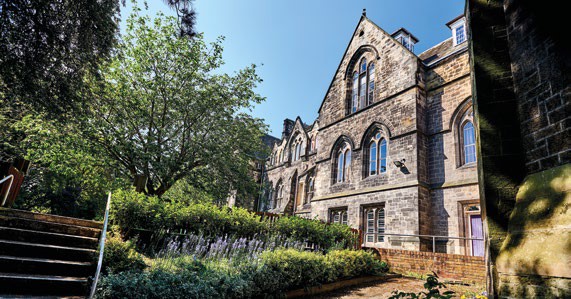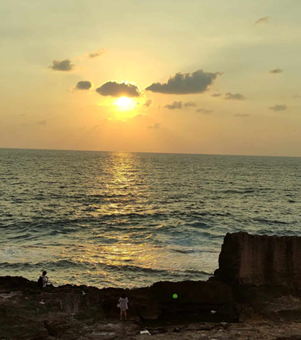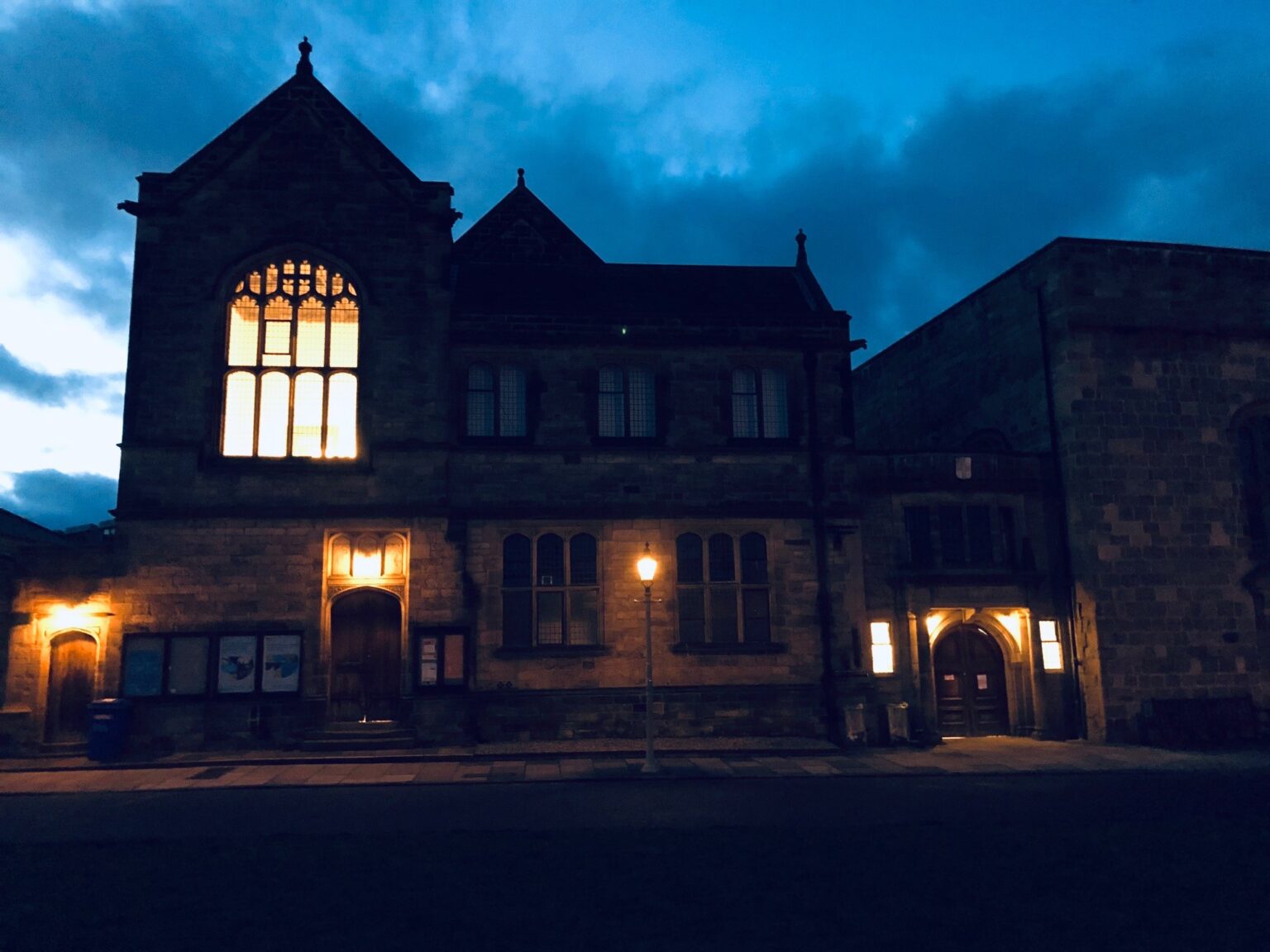In my PhD, I research quasars, which consist of a supermassive black hole at the centre of galaxies surrounded by a disc of matter that is so bright it outshines the entire galaxy. Most quasars are very blue, but there is an important subset that are much redder which we call “red quasars”. These red quasars could be an important link in galaxy evolution and are the focus of my PhD.
In my first project, I explored the radio properties of red quasars, following on from research carried out by a former PhD student, Lizelke Klindt. In Lizelke’s work, she found fundamental differences in the radio properties of red quasars when compared to their typical blue counterparts. Using higher resolution and deeper radio data I pushed these results further, finding the difference in the radio properties are not driven by star formation, adding weight to the idea of red quasars hosting powerful outflows. Lately, I have been using optical-to-near-infrared spectra (light at different wavelengths) of a sample of red and blue quasars. From this, I find that dust is the likely cause of the red colours, and red quasars may host more massive black holes.
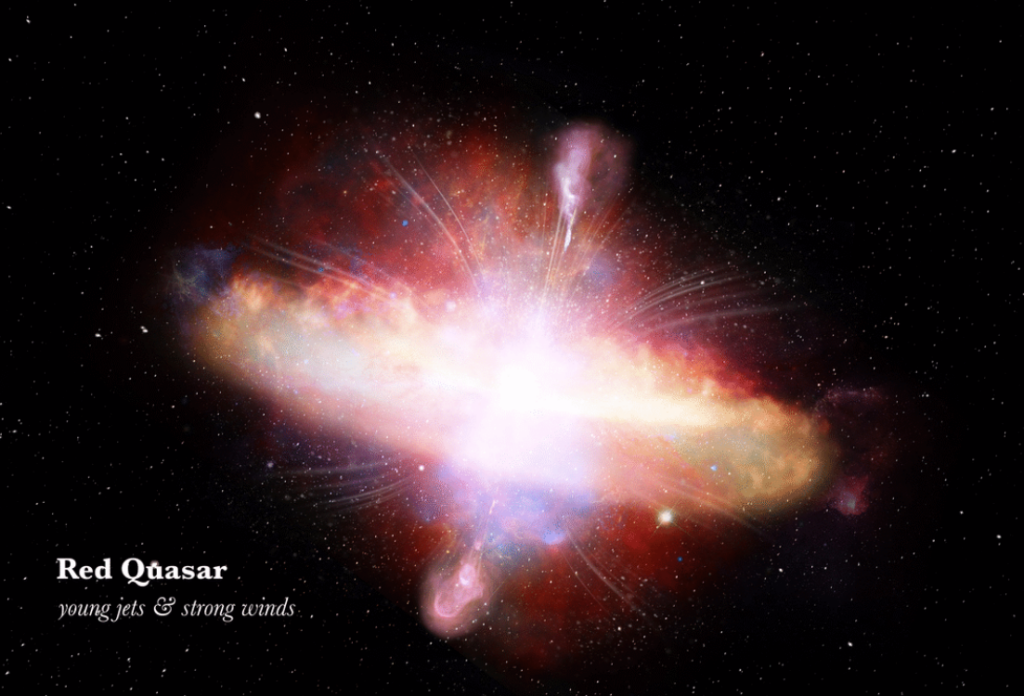
I am also involved with the Dark Energy Spectroscopic Instrument (DESI), an optical telescope that will observe millions of quasars, many of which will be more extreme than the red quasars currently in our study. Following a successful proposal, I have a program within DESI that will specifically target red quasars that may otherwise have been missed from the main selection. This was implemented in February this year so we already have a lot of exciting data!
As an observer, I was lucky enough to visit India in February 2020 to observe some of our quasars using the Giant Metrewave Radio Telescope (GMRT) in Khodad. This was my first time both observing and visiting India, so it was a great experience. GMRT consists of 30 antennas, each 45m in diameter, so they are a really impressive sight. The food was also amazing and I loved watching the sunsets – before I was warned about potential leopards! Although there has not been the opportunity to travel during the pandemic, I was still able to observe with DESI as a remote data quality scientist. Although this was not the same as a trip to Arizona, it was still a great opportunity to learn what goes on behind the scenes and makes you appreciate how complex the instrument is!
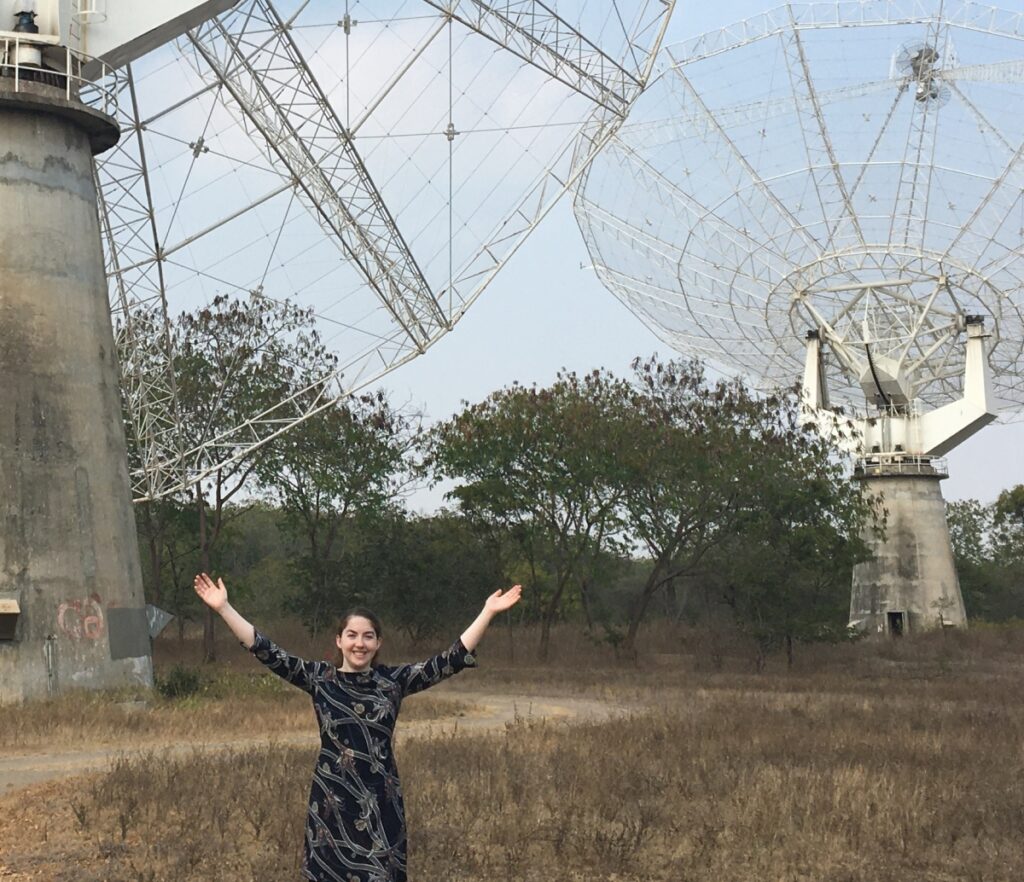
When I’m not looking at quasars, I spend a lot of time involved with college life as President of University College (Castle) Middle Common Room (MCR) – a strange experience during a pandemic. I also enjoy outreach and giving public talks, speaking at various Astronomical Societies, and tutor Maths through the Coronavirus Tutoring Initiative. Recently I was involved in the poster competition STEM for Britain, which showcases early career science to MPs in Parliament, and was awarded the silver medal for the Physics category. It was a great experience presenting my poster to the Parliamentary and Scientific Committee, and I also had the opportunity to discuss my work with my home and workplace MPs: Mary Foy and Theresa May.
In the future, I hope to continue in academia, so the next step is getting a postdoc. I really enjoy what I do which is all that anyone can ask for in a job!
Discover more
Our Department of Physics is a thriving centre for research and education. Ranked 4th in the UK by The Guardian University Guide 2022, we are proud to deliver a teaching and learning experience for students which closely aligns with the research-intensive values and practices of the University.
Feeling inspired? Visit our Physics webpages to learn more about our postgraduate and undergraduate programmes.
